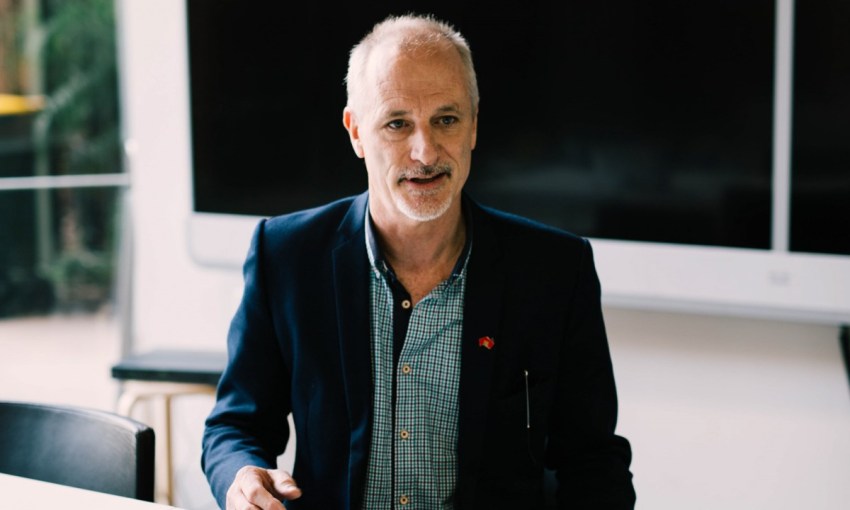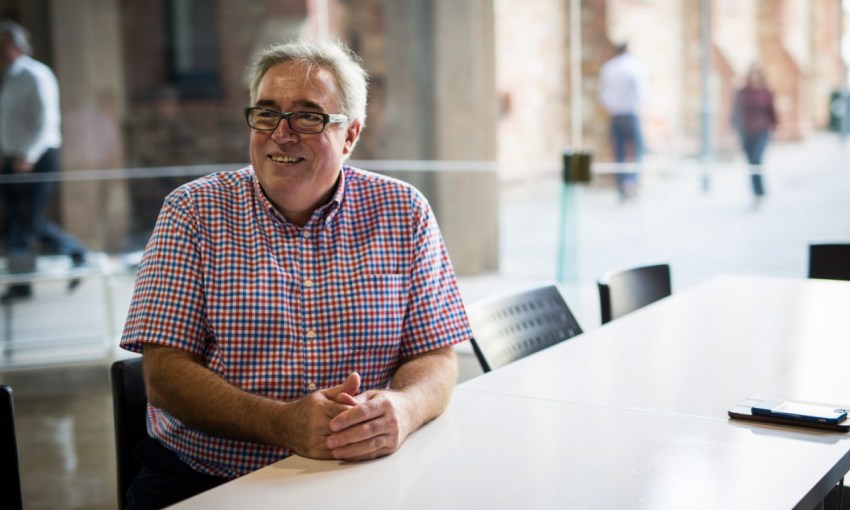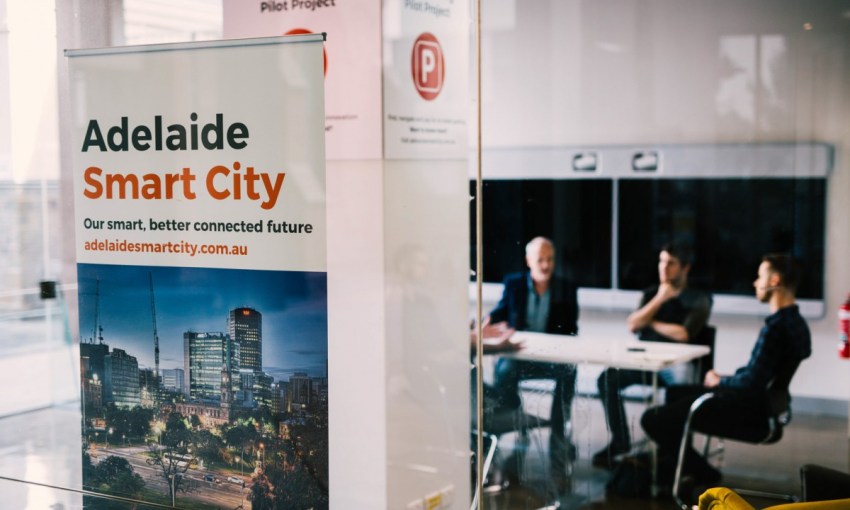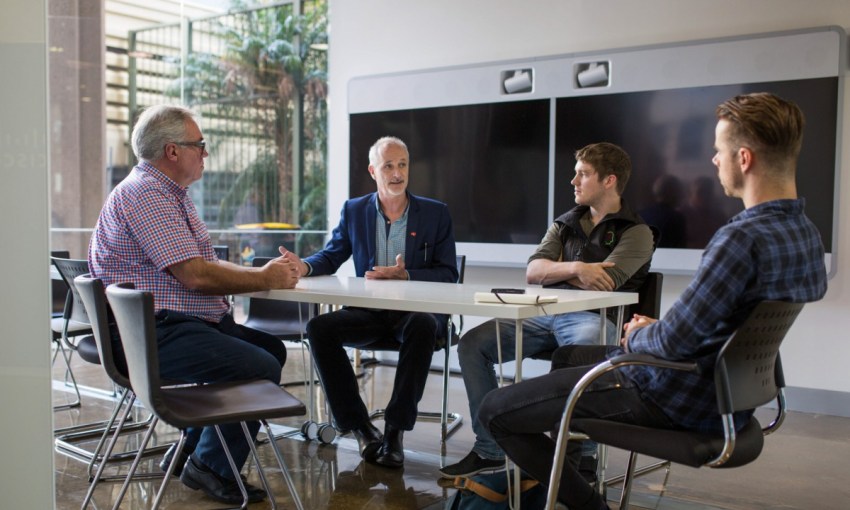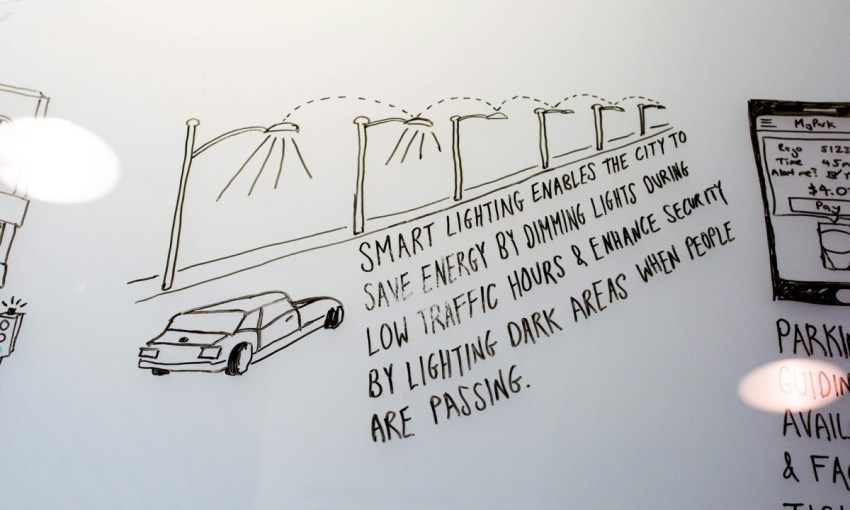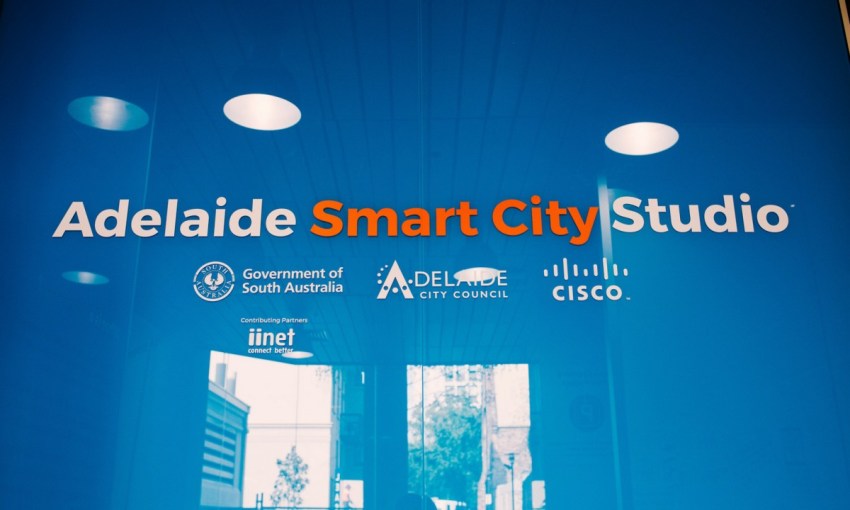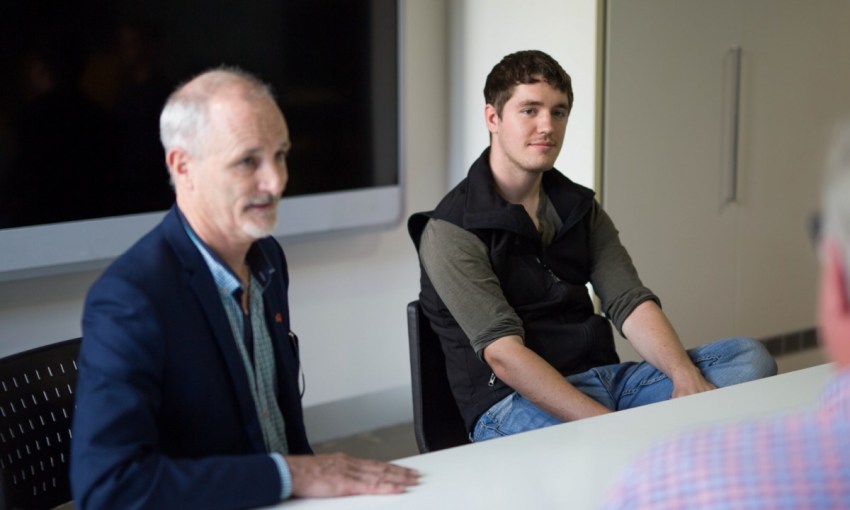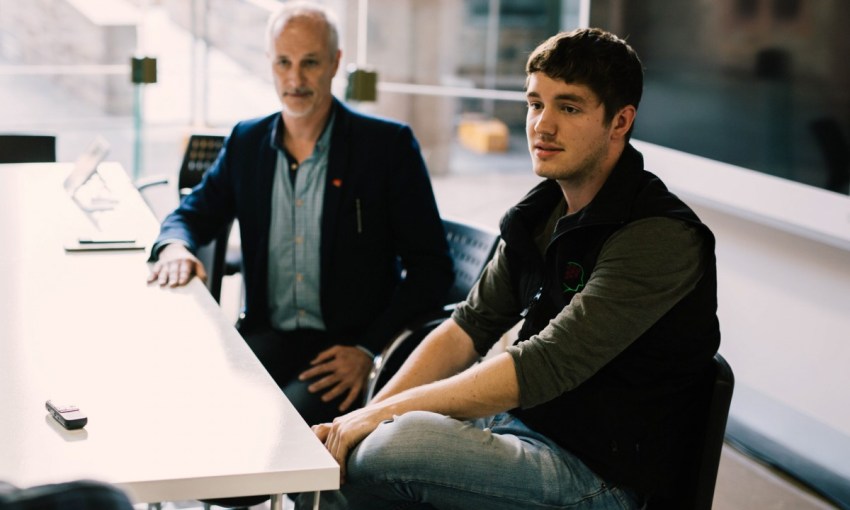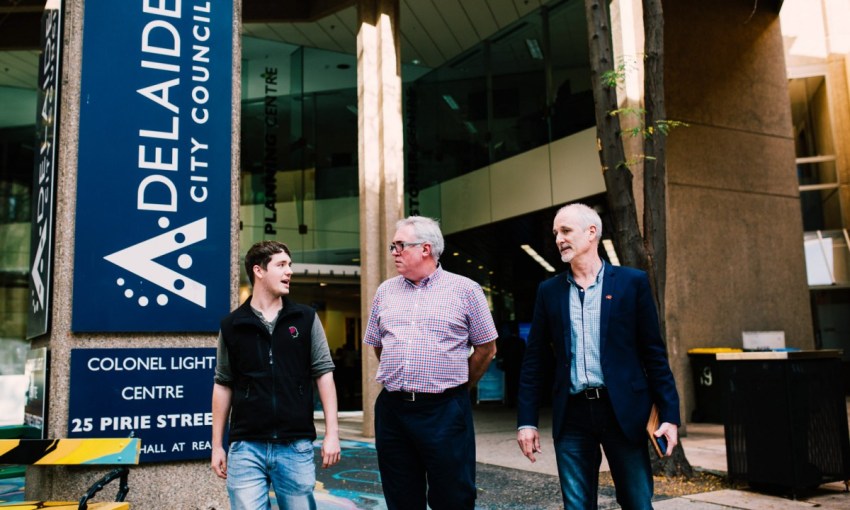Adelaide has all the potential to become one of the world’s very first Smart Cities. CityMag caught up with Robert Hart, Paul Daly and Harry Lucas to see how their collaboration is leading the change.
The Internet of Things comes alive in Adelaide
The internet is ubiquitous.
In our pockets, homes, workplaces, on public transport, and compatible with just about every aspect of life – the internet has even officially lost its capitalisation, making it just another element of the universe we will only really notice when we don’t have access to it.
The Adelaide Internet of Things Hackathon is happening on Friday, 22 April and Saturday, 23 April.
Registration is still open. For more information visit Hackerspace.
With this ubiquity, the way we use our constant connectivity is shifting away from individual use and the phrase ‘Internet of Things’ has risen.
In lay terms, it’s about creating a network of internet-connected objects that can communicate with each other – and us – to make life a little more convenient.
In the home, it could be a smart refrigerator that can order milk for you, or a smart washing machine that could relay information to your smart phone that you’re almost out of washing detergent.
What Robert Hart, committee member for Hackerspace Adelaide; Paul Daly, who has been running the Smart City Studio on Pirie; and Harry Lucas, Adelaide entrepreneur and the studio’s interim manager, hope to contribute to is an Internet of Things (IoT) here in Adelaide that will result in one of the world’s first functional Smart Cities.
We met in the studio on Pirie Street, a collaborative venture between the state government, council, iiNet, and Cisco, the latter of whom chose Adelaide as one of seven Lighthouse Cities.
“How this came to happen had a lot to do with our relationship with Cisco when we put in the AdelaideFree wifi network,” Paul explains.
“We were one of the few places in the world that had gone this far with public access wifi. We were working really closely with state government… and Cisco saw that level of collaboration, they saw the AdelaideFree network as a backbone for a whole lot of IoT services and Smart City services, so a lot of the pieces were coming together in Adelaide.”
So far there are two pilot projects currently underway: smart lighting, which is looking at creating a more efficient way of lighting public spaces, including LED lighting with proximity sensors that can be dimmed while no one is around; and smart parking, which Paul says is in the very early days of development, but the applications are potentially very consumer-friendly.
“Along Pirie Street and Hindmarsh Square, the current experimentation is for us to detect when a park is occupied or not,” Paul explains.
“The thing about smart parking… is that you have the potential to vastly improve the customer experience.
“A lot of people’s interactions with the council is limited to getting a parking ticket, and that’s a pretty crap experience. So what if you’re able to register your park, get a notification 10 minutes before it’s due to expire [and] actually get the opportunity to legitimately extend your park… albeit at a higher rate?”
The further development of Adelaide as a Smart City will come from our entrepreneurs, and according to Robert, the key to fueling that development is getting people in a room together.
And so came the idea for an Adelaide Internet of Things Hackathon.
The event will aim to band together creative people in the Adelaide maker community, tech community, and essentially anyone with a desire to contribute.
“The qualification, the eligibility, is really to have a passion for creating something, so it’s really very open,” Paul says.
Teams will spend a day working on ideas that fall under the theme ‘Make Something That Matters’ and the winners will submit their idea to the International Hackaday design challenge.
Although Paul says ideas with commercial potential would be a great outcome, and the council would be willing to help further them after the event, really the event is about connecting people with ideas.
“Part of my own interest in running a Hackathon is that… it allows people to just come in and create,” Harry says.



